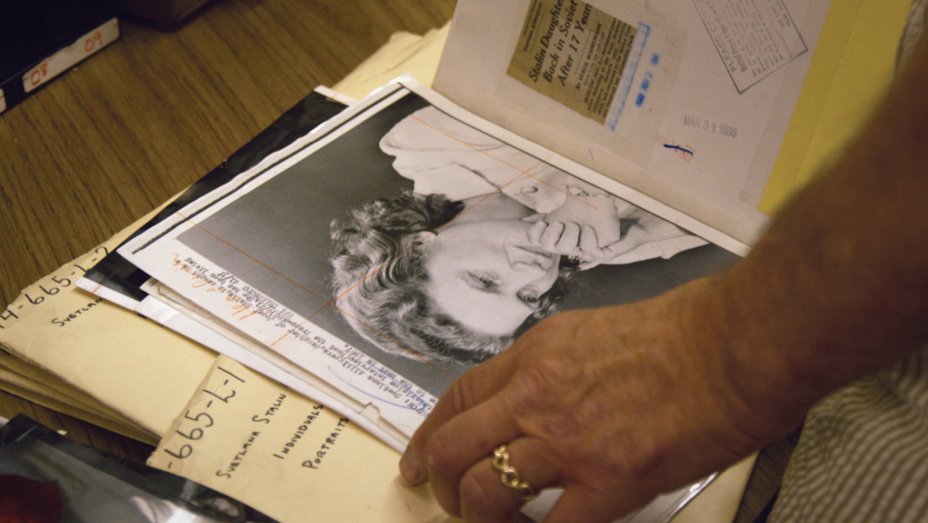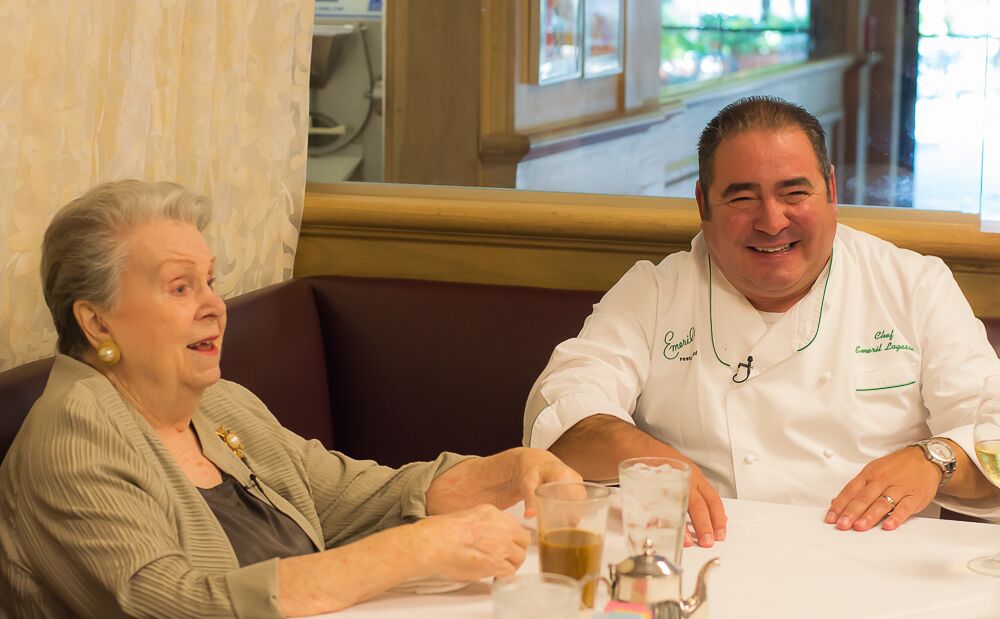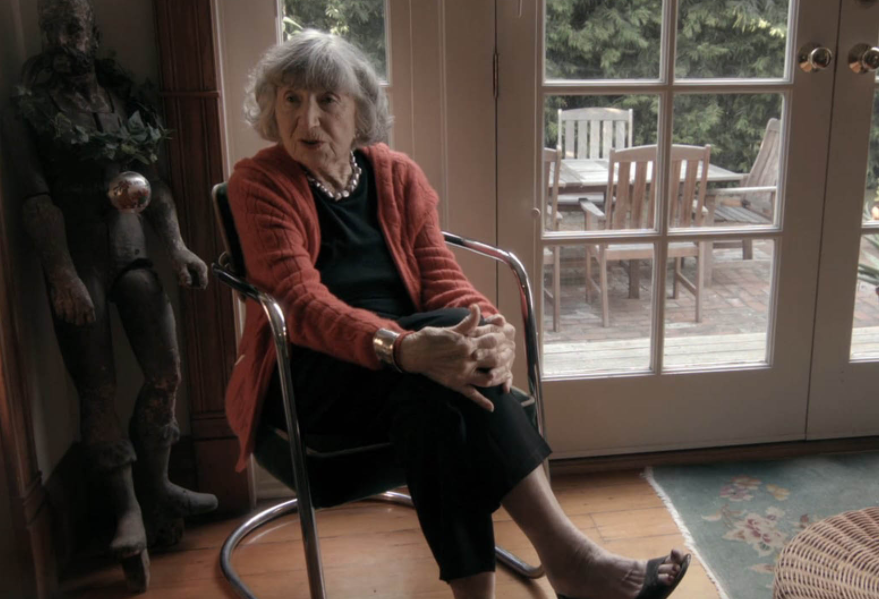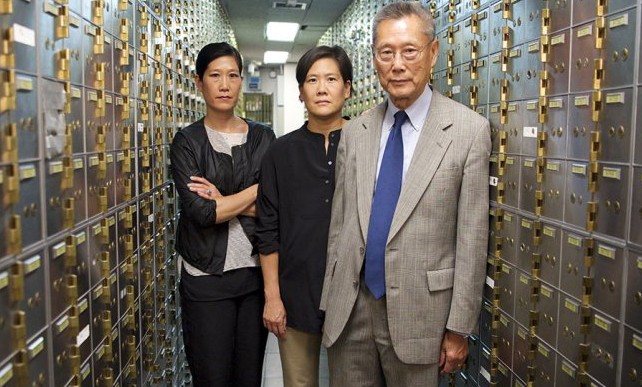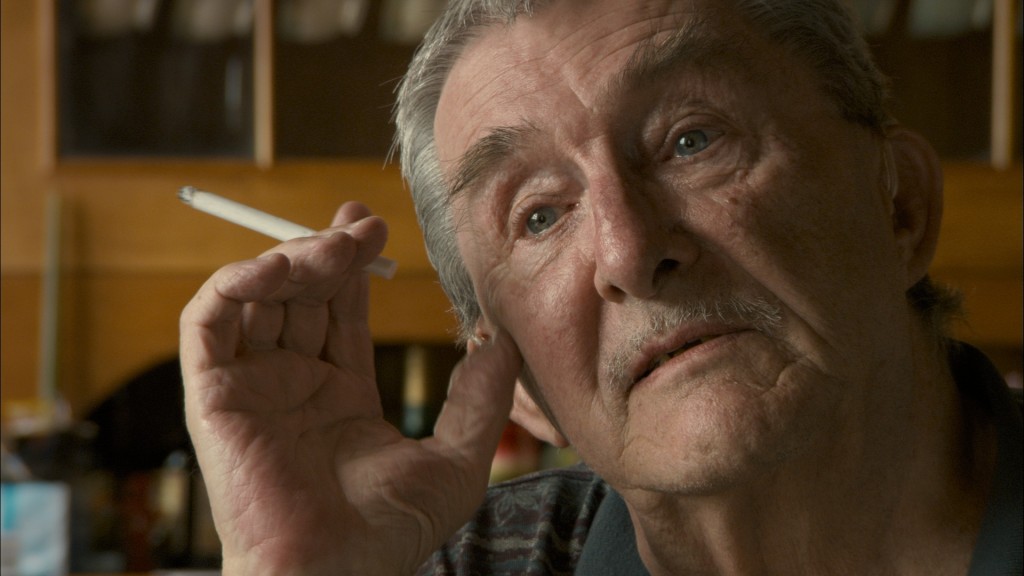
Stories We Tell is the third film from brilliant Canadian director Sarah Polley (Away From Her, Take This Waltz), a documentary in which she interviews members of her own family about her mother, who died when Sarah was 11. It doesn’t take long before Sarah uncovers a major surprise about her own life. And then she steps into an even bigger surprise about the first surprise. And then there’s a completely unexpected reaction by Polley’s father Michael.
There are surprises aplenty in the Polley family saga, but how folks react to the discoveries is just as interesting. It helps that everyone in the Polley family has a deliciously wicked sense of humor.
The family story is compelling enough, but Polley also explores story telling itself. Everyone who knew Polley’s mother tells her story from a different perspective. But we can weave together the often conflicting versions into what seems like a pretty complete portrait of a complicated person.
Polley adds more layers of meaning and ties the material together by filming herself recording her father reading his version of the story – his memoir serves as the unifying narration.
To take us back to the 1960s, Polley uses one-third actual home movies and two-thirds re-creations (with actors) shot on Super 8 film. Polley hired cinematographer Iris Ng after seeing Ng’s 5 minute Super 8 short. The most haunting clip is a real one, a video of the actress Mom’s audition for a 60s Canadian TV show.
Make sure that you watch all of the end credits – there’s one more surprise, and it’s hilarious.
You can rent Stories We Tell on DVD from Netflix and Redbox and stream it from Amazon, iTunes, Vudu, YouTube and Google Play.

